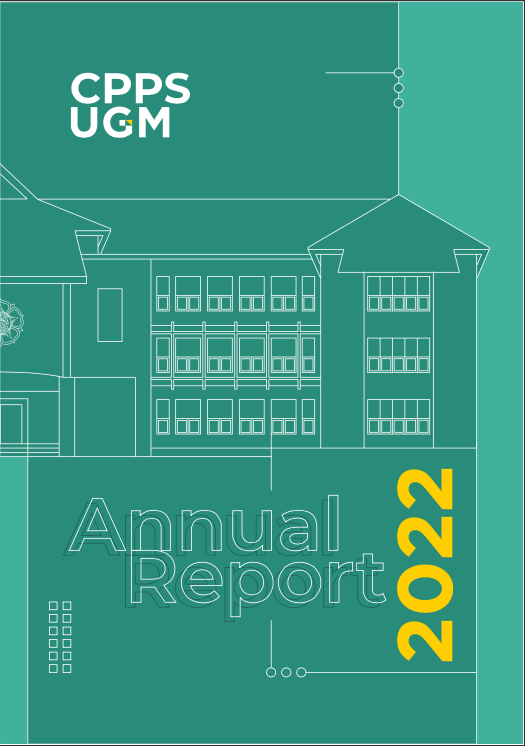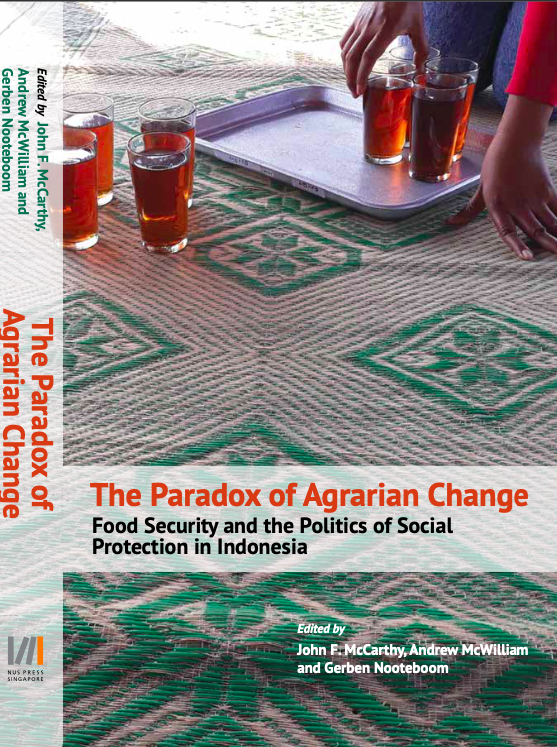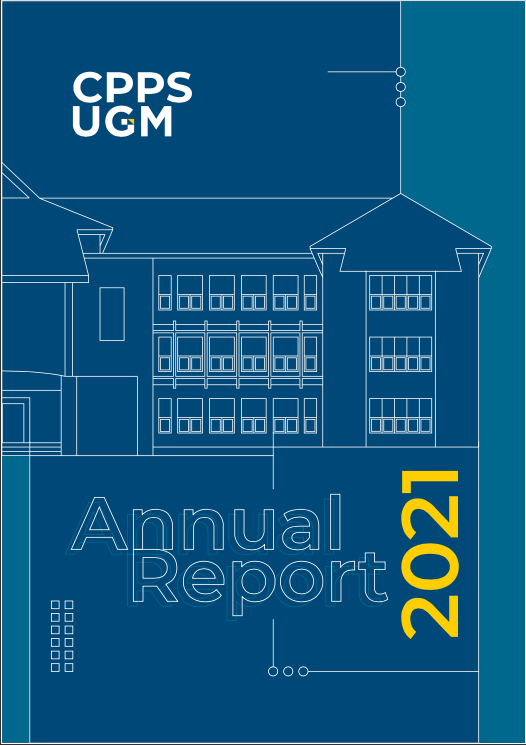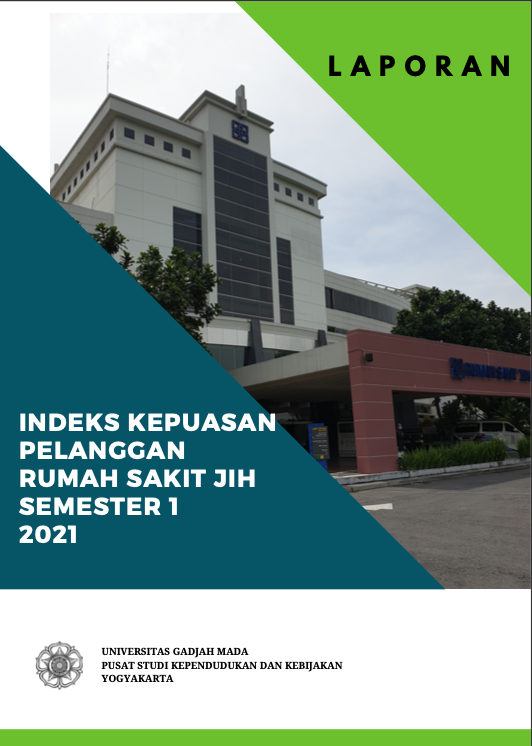Sifon
|
Unsafe sexual practice is evidently one of the most potential means through which Sexually Transmitted Diseases (STD) and HIV/AIDS are spread. This research examines the possibility of the spread of STD and HIV/AIDS through the traditional practice of circumcision among the Atoin Meto in west Timor, which requires a post-circumcision sexual relationship for the male candidate. The purpose of this research therefore, is to (a) describe the aspects about the above mentioned traditional practice, (b) establish the socio-cultural values attributed to this practice, (c) find out the various institutional patterns supporting this practice, and (d) examine the relationship between this practice and reproductive health, particularly STD/HIV/AIDS.
Data collection was carried out in two districts, that is, the districts of Kupang and Timor Tengah Utara. Two sub-districts were selected from each district, and two villages were in turn selected from each of the sub-districts. This means that the research was conducted in eight villages that were purposively selected. Additional data was obtained with the use of the snowball method, from various other areas in West Timor, including the districts of Timor Tengah Selatan and Ambenu (Timor Timur Province). A total of 214 respondents were interviewed. These included circumcision surgeons, traditional medicinal practitioners for Sexually Transmitted Diseases, men who already went through this traditional practice, men who have not yet gone through the practice, women, and sex workers (prostitutes) who have ever served in this post-circumcision sexual relationship. Beside that, community leaders and health workers were also approached to provide additional information. Data was obtained through in-depth interviews, Focus Group Discussions, the snowball method, and observation. Descriptive qualitative method was used to analyze the obtained data.
Results of the research indicate that the traditional circumcision practice among the Atoin Meto, which involves various rituals and believes, is still widely practiced. Most men in the Atoin Meto community and other ethnic groups, based both in the urban and rural areas have gone through this practice, hence, have ever had a sexual relationship as a prerequisite (sifon, saeb oaf, and ha’ekit), with someone who is not his permanent partner. Indeed, many of them have sexual affairs with commercial sexual workers in locations of prostitution.
Men are usually motivated by various factors to undergo this traditional practice. These include health, body care, sexual satisfaction, waive off shame within the community, meet the requirement for sexual relationship, meet the traditional requirement, and increase self confidence as a man. The presence of a surgeon in every village, the support from the youth and customary leaders, and the negligence of religious leaders, government apparatus and health workers towards the negative aspects of this practice still leave a lot of room for the practice to survive much longer among generations to come.
From the reproductive health aspect, this traditional practice both (by using unsterilized equipment) and the post-circumcision sexual relationship is a very effective media for the spread of STD and HIV/AIDS. For this reason therefore, traditional circumcision among the Atoin Meto is not only relevant for reproductive health, but is also related with the problem of gender and religious morals. It is hoped that the negative aspects of this practice, especially the post-circumcision sexual affair, are eliminated. Religious leaders, customary leaders, government apparatus, educators, health workers, and NGOs can actively participate as agents of change.




